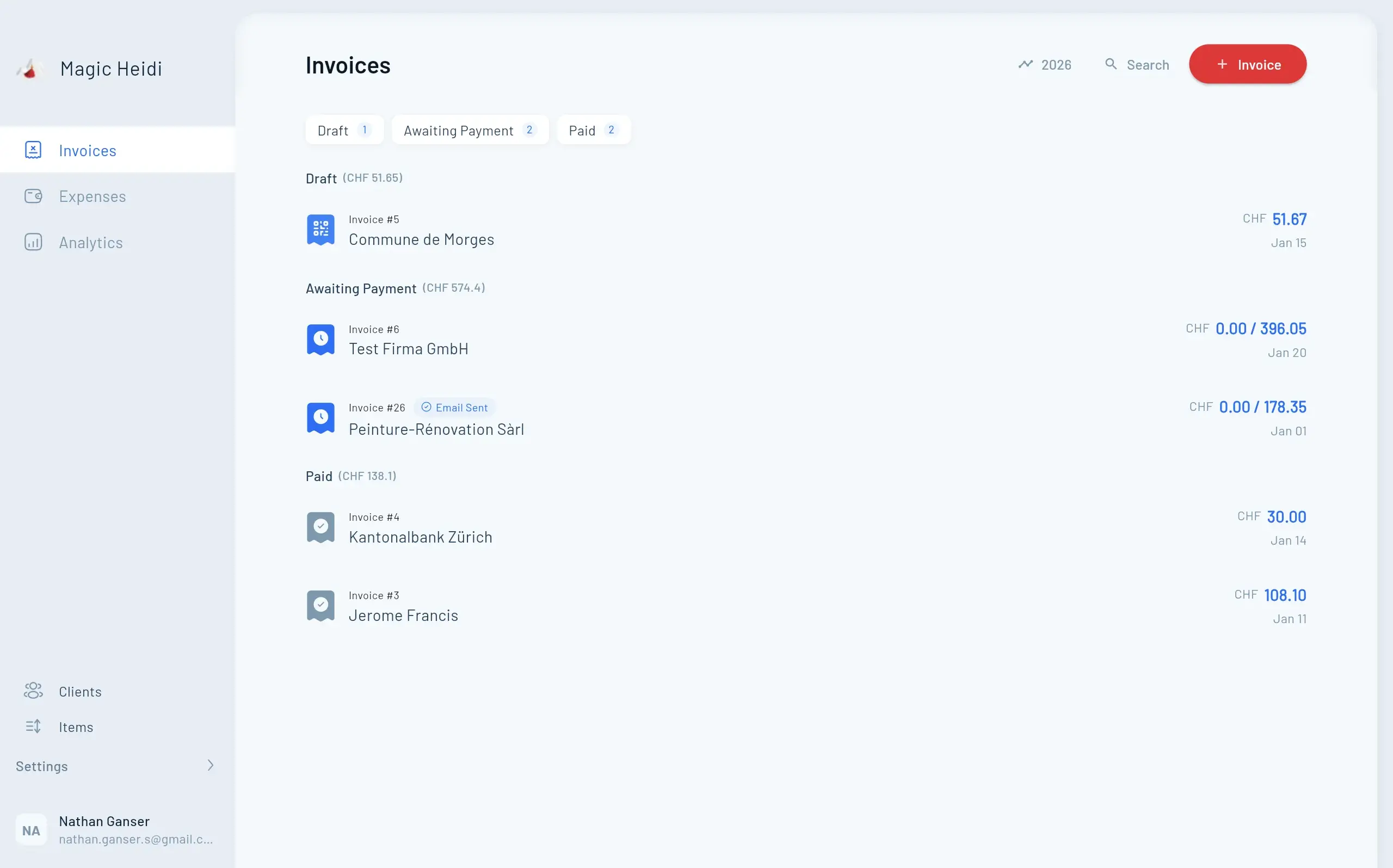Perfect Candidates for the Hybrid Approach
These characteristics indicate you'll thrive with simplified bookkeeping while maintaining full compliance.
- No employees: You're the only person working in the business
- Service-based: Consultant, designer, developer, coach, or similar professional
- Low asset intensity: No inventory or expensive depreciating equipment
- Simple financing: No complex loans or investor arrangements
- Straightforward income: Invoice clients for services, not selling physical products
- Client relationships: Multiple clients or steady retainer relationships
- Former freelancer: Incorporated for protection/credibility but work style unchanged




